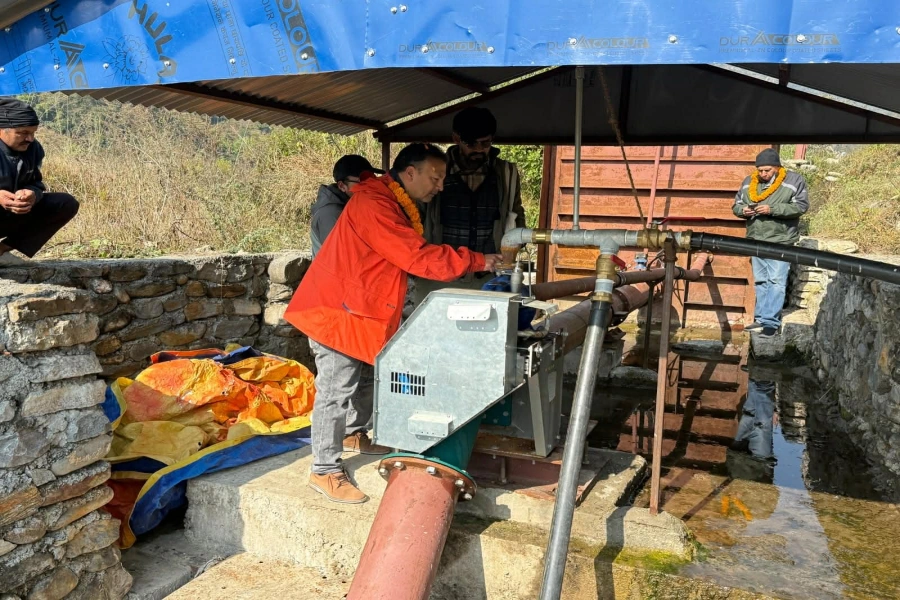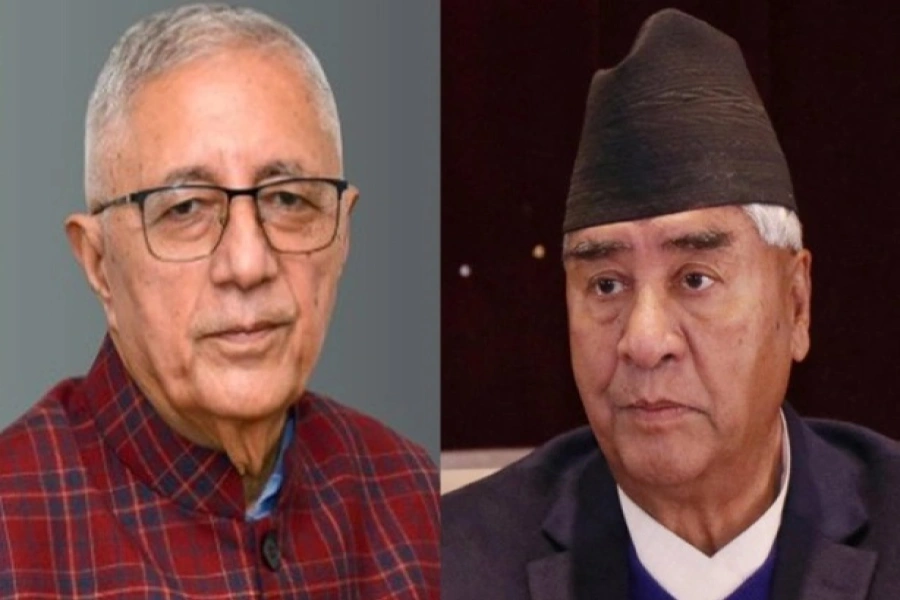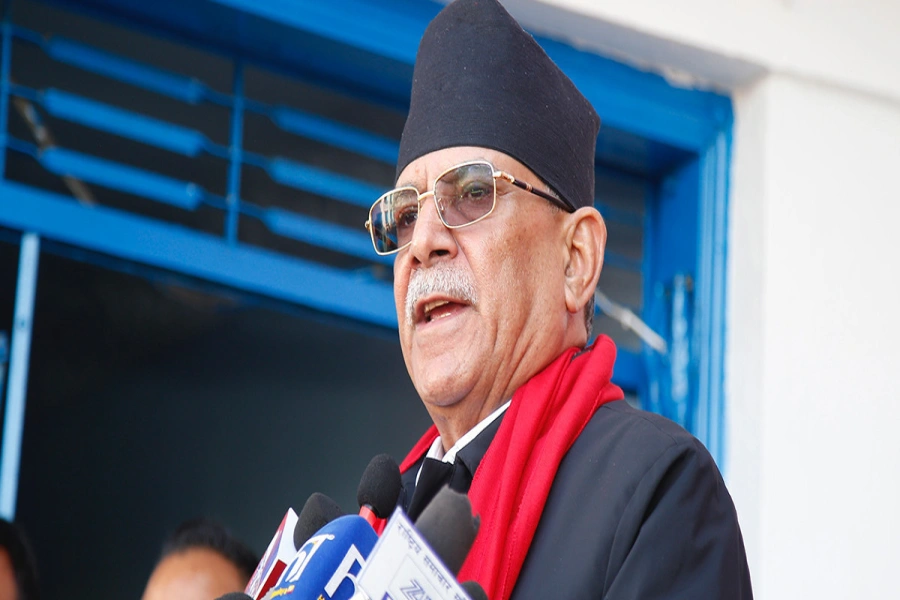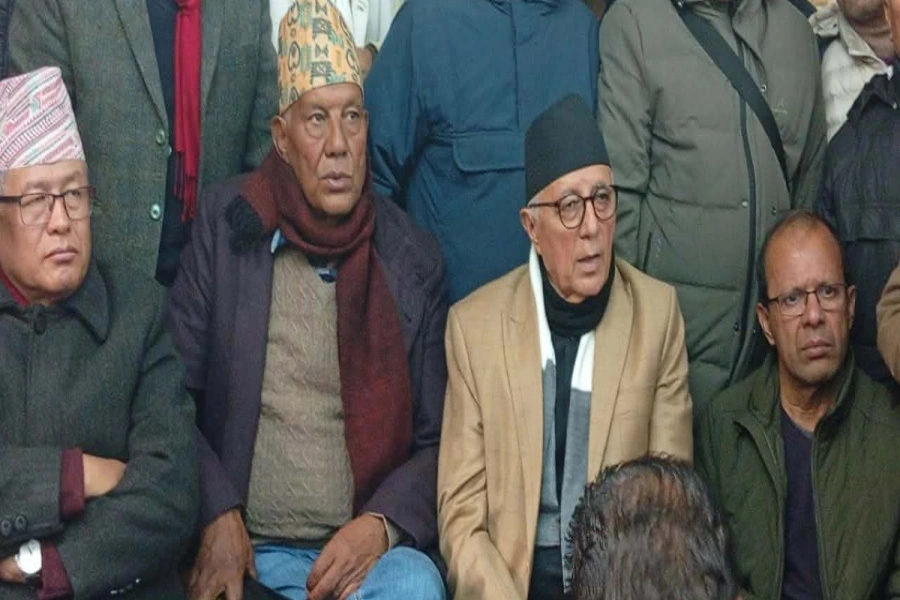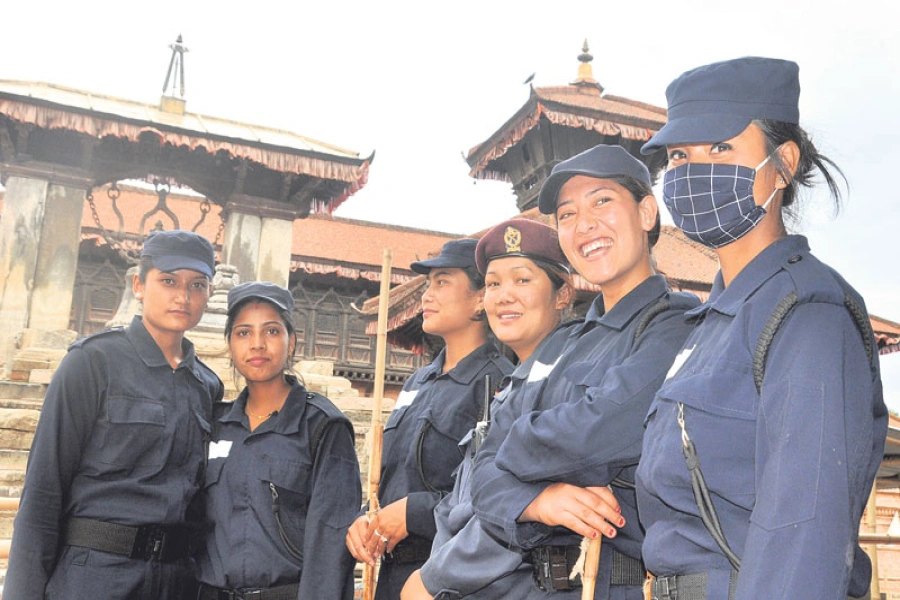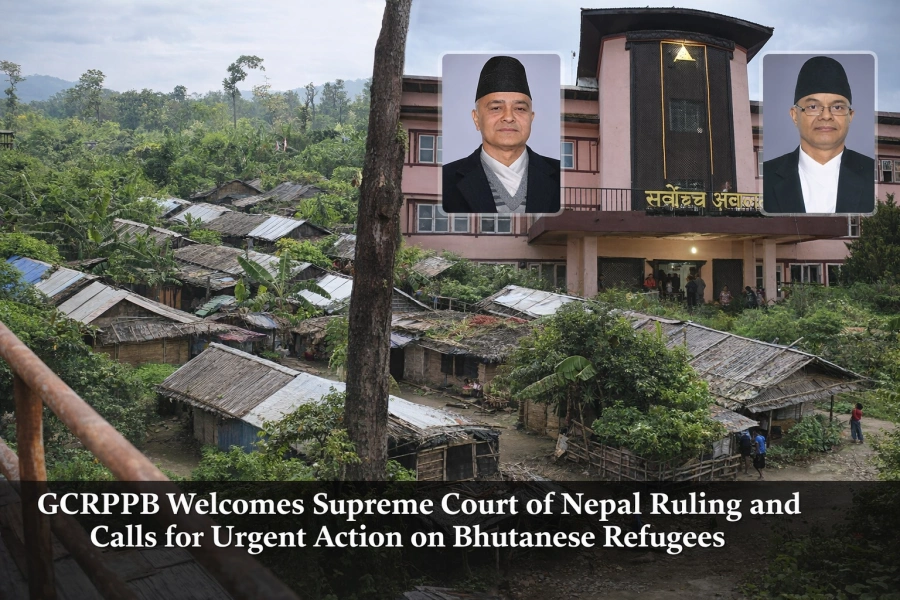They said holding constituent assembly (CA) elections for a second time within the span of a few years is going to be a daunting task, given the political and constitutional barriers involved.[break]
There are a number of provisions in the interim constitution that need to be amended but in the absence of parliament there is no legitimate body for doing that.
The present interim constitution has not envisaged CA elections for a second time. Various provisions related to the tenure of the CA, the voter´s list and voter eligibility, the number of CA members, election constituencies and several other matters were formulated with the CA elections in 2008 in mind and all these now irrelevant provisions must be amended to pave the way for fresh elections.
Some have argued that the president, upon the recommendation of the government, can amend such provisions if he invokes the constitutional provision on removing difficulties. But others vehemently oppose the idea of allowing the executive body to exercise legislative powers, saying such a practice would set a very wrong precedent.
"The interim constitution has clearly stated that only a two-thirds majority of parliament can amend the constitution. The provision has no ifs and buts," former CA chairman Subas Nembang told Republica. "In such a situation the constitution can´t be amended through ordinance or by invoking the provision on removing difficulties."
According to him, the said provision was envisioned only for removing any difficulty in implementing an article of the constitution, and invoking it to amend the constitution would be a violation of the statute. Furthermore, the constitution has clearly stated that even if the president invokes the provision on "removing constitutional difficulties" his decision needs to be endorsed by the legislature.
Lawyer-turned-politician Nembang also pointed out yet another political and legal complication that may arise if CA elections are hold for a second time.
He said a huge question will arise over the status of the work done so far by the dissolved CA. Leaders from major political parties have claimed that at least 90 percent of the task of drafting the new constitution had already been completed.
"What will be the status of the work already done by the dissolved CA. Will the political parties be able to transfer the accomplished work to a future CA or will the new assembly have to start from scratch?" asked Nembang.
Bipin Adhikari, who specialized in constitutional law, argued that the political parties should come together for putting in place the minimum constitutional arrangements for holding fresh CA elections.
"They have to reach a broad political agreement on necessary amendments to various provisions of the interim constitution, entrust the government with drafting the relevent ordinance and recommend to the president to issue an ordinance and pave the way for fresh elections," said Adhikari. "However, all these things need to be done in a package meant only for the purpose of ending the political stalemate."
He was quick to add that the president should not issue separate ordinances for amending different provisions because such a move may be interpreted to mean that the government can recommend to the president to issue any ordinance any time it deems necessary. "It should be based on a political decision to chart the political course ahead," he explained.
Meanwhile, influential second-rung leaders from the major political parties also shed light on the things that need to be done to lay the ground for fresh elections.
UCPN (Maoist) Spokesman Agni Prasad Sapkota said at a function in Kathmandu that the only option left before the political parties is to suggest to the president to invoke the constitutional provision on removing difficulties for just this once.
Nepali Congress leader Ram Sharan Mahat and CPN-UML leader Bhim Rawal, at the same function, emphasized the need for forming a national consensus government first. Both Mahat and Rawal said that only a consensus government can take the initiatives needed for amending the constitution.
Bumpy road awaits new finance minister



